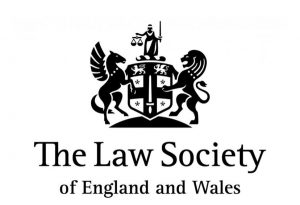If you are purchasing a property jointly, it is important that you consider how you wish to legally hold the property. Properties are held either as beneficial joint tenants or as tenants in common, and each of the above forms of ownership is crucial.
What are Beneficial Joint Tenants?
If you have decided to hold the property that you want to purchase as Beneficial Joint Tenants, this means that all owners of the property will hold equity in the property in equal shares and as a single entity.
As Beneficial Joint Tenants, when it is time to sell the property in question, on completion, you will receive an equal share of the net sale proceeds. Further to the above, if one owner passes away, the surviving owner or owners will hold the whole of the equity in equal shares.
This essentially means that the surviving owner automatically owns the whole equity in the property. It is also important to note that shares of a beneficial joint tenant do not form part of their estate for inheritance purposes, and as such cannot be passed on in their Will unless at the time of death, or they have become the sole remaining owner.
What are Tenants in Common?
Tenants in common simply put mean that you still own the property jointly, as such, each owner holds a distinct portion of the equity in the property. By way of example, two owners – 50% 50% share in the property. However, it is also possible for the property to be held unequally in shares, such as 80%-20%, 70%-30% or any other proportion that the owners may agree possibly based on contribution.
With tenants in common when the owners decide to sell the property, on completion( after deduction of any mortgages, agency and legal fees) the owners will receive the agreed proportion of the net sale proceeds.
Upon the death of a tenant in common, the deceased share would be dealt with either under the rules of intestacy or by Will if one was created. If you wish to hold the property as Tenants in Common in unequal shares you will need to enter into a Declaration of Trust to reflect your wishes.
If you would like more information about Beneficial Joint Tenants and Tenants in Common or Declaration of Trust, please get in touch with our solicitors in Enfield and ask to speak to our residential conveyancing team on 02034173859 or email info@adeljibssolicitors.co.uk


